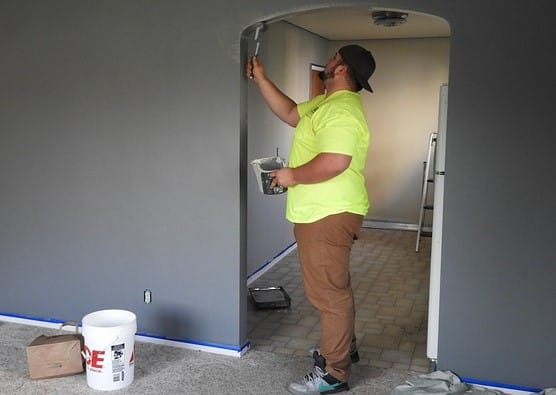INTERIM DILAPIDATIONS
The uncertainty with the economy is reflecting the issues that arose during the 2008 recession. At that time a number of landlords were left with empty properties and tenants either in liquidation or of such weak financial standing that pursuing a dilapidations claim was potentially commercially unviable, leaving them with a property in disrepair and no rental income.
It appears that some landlords have “bitter memories” and are trying to take action to protect their assets. We have seen a rise in the number of interim dilapidation claims which where there is significant disrepair, that affects the reversion, are entirely justified. This said, there are a number of claims that appear to be “bully boy tactics” which extend to inflated claims and/or schedules that have no impact on the landlord’s reversion.
In one instance we have seen a claim against a tenant, three years into a ten year lease, requesting redecoration of the premises, replacement of corroded fixings to cladding, repair of windows which amount to a claim of £20,000 inclusive of fees; the property was put into repair before commencement of the lease and fully decorated. The works that potentially affected the landlord’s reversion was the repair/replacement of two no. 900mm long window cills. There is a specific decoration clause at year 5 within the lease so there is the potential if decoration is undertaken as part of the interim schedule served that the landlord will enforce decoration in two years’ time. The landlord, quickly after issuing the schedule served notice of its intent to enter the premises and undertake work if the tenant did not do so. The tenant faces the dilemma of undertaking work in full compliance with the schedule, including those that do not have justification under the terms of the lease, allowing the landlord to undertake work or expend money in professional fees asserting its rights under the lease that the work is not enforceable under the lease. As the landlord has a reputation of robustly defending its actions, on such a relatively small claim professional costs are at risk of escalating to be disproportionate to the size of claim and the tenant is aware that work may be required prior to lease end.
The outcome is likely to be the tenant will undertake work, including that which goes beyond their current liabilities under the terms of the lease in order to provide certainty of cost and allow them to concentrate on their business. This is an unnecessary expense at a time of all businesses having cost pressures.
Where is the line between a landlord protecting their assets and future interests and that of a tenant having quiet enjoyment and being able to protect the viability of their business?
If you’re in doubt about your lease, or a maintenace schedule, please talk to us first. You can read more about building surveys here.




